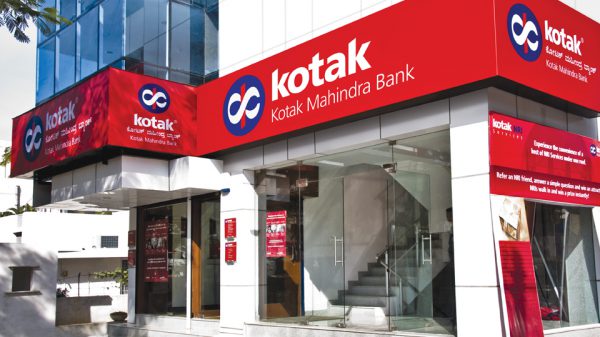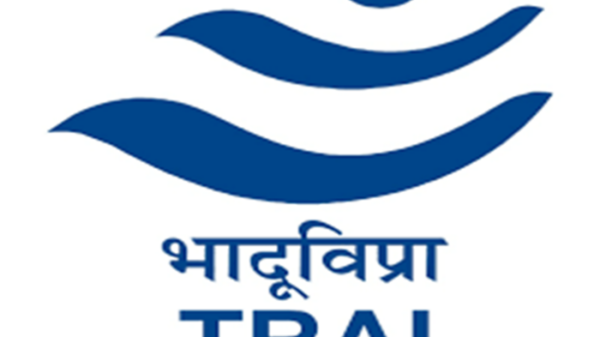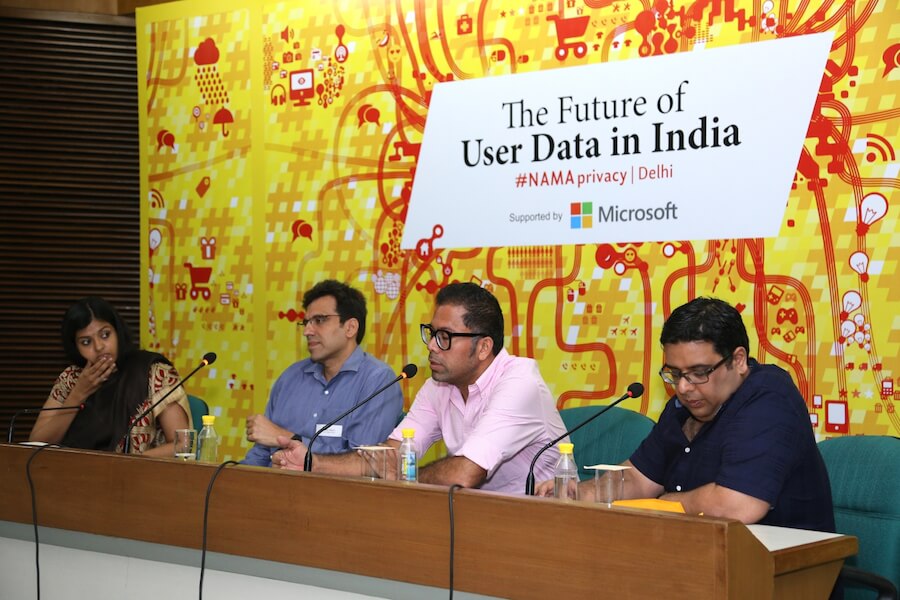A major part of the discussion on data collection was dedicated to how companies can set up purpose limitation for the information that is being collected. “How do you make the data you collect relate to the function you are doing?” Malavika Raghavan from the IFMR posed a question to the audience. “There are a number of people who are looking at time-limited consent. You know, 10 days later, you automatically delete. If you need that data again, you ask for it again from the user.” She asked if it would be feasible to do that. Mrinal Sinha, Chief Operating Officer at MobiKwik, was on board with the time-based consent but argued that purpose limitation would still hurt future businesses. “I’m personally in the camp of time-limited consent where if an app is providing useful information, every time they will refresh their permission, the user will give it. But what happens is what we’re trying to do today will be different from three months down the line. So purpose limitation often limits the users themselves from getting useful data. . There should obviously be governance on access to data. But speaking about purpose limitation, we ourselves as consumers would not know enough about what purposes we would like to limit to or not,” he said. Sinha explained that there should be data exchange between the user and company when it comes to data. “We (MobiKwik) collect people’s location data as we are a payments platform where a lot of our users…





























